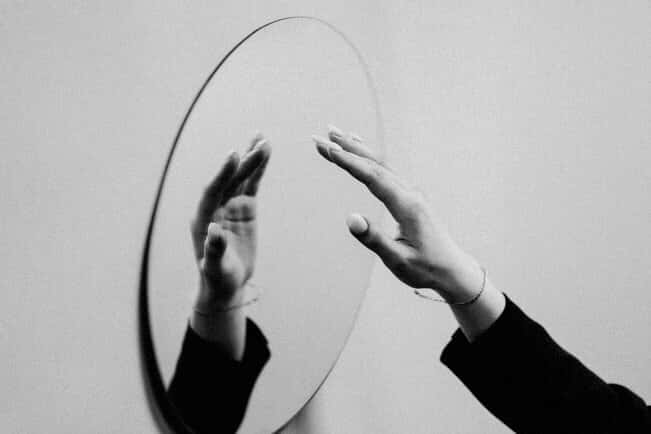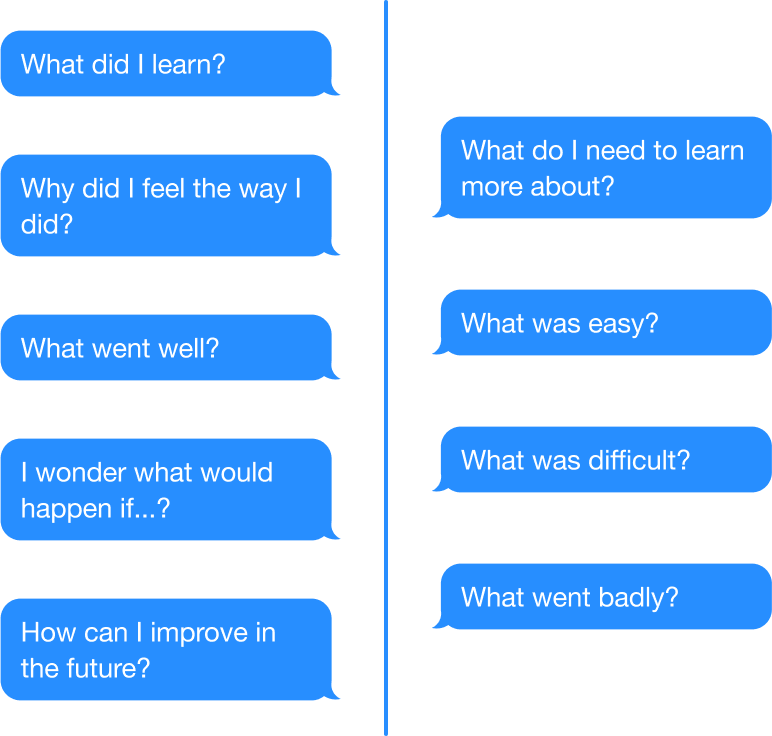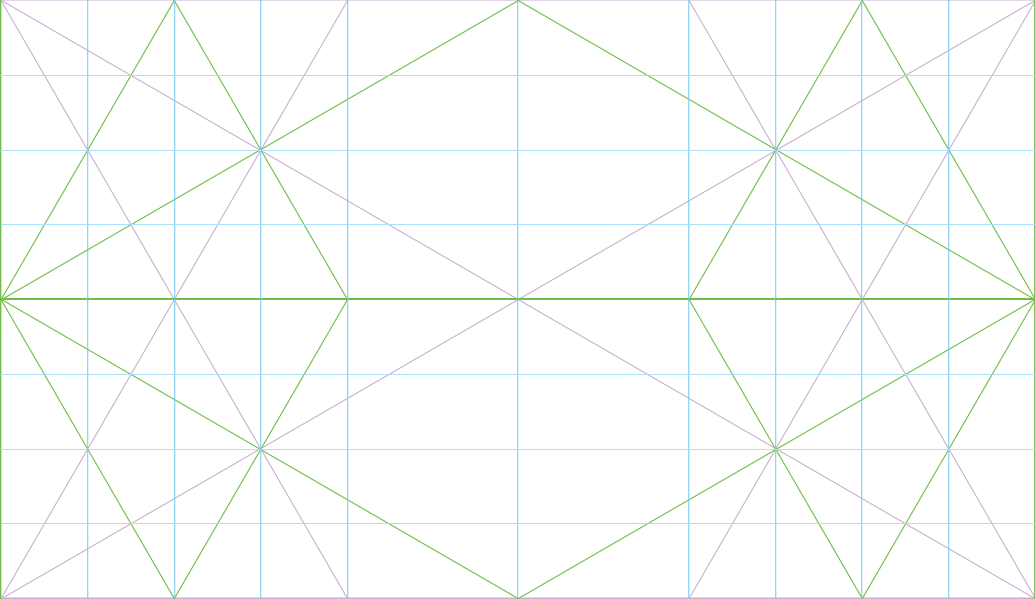The Nature of Reflection
In reading about critical reflection, reflective practice, and reflective domains, a useful analogy for me is standing in front of a mirror. Looking at my reflection I'm considering, analysing and thinking.

Time seems to be a central aspect of reflection. Standing there in the present moment considering my reflection, there is also consideration of how I came to be there, the experiences I have had, my body telling the story of my life. And then there is also the consideration of time to come. How are things to progress in the future? How would I like things to be? Should I work out, eat healthy, think good thoughts? How much is in my control? What are my goals? How would I like to see myself in the future?
Reflective Practice
Of course we don't have to look in an actual mirror to reflect on our work or professional practice. Schön (1983) defines Reflective Practice as "...the ability to reflect on one's actions so as to engage in a process of continuous learning."
Here is an excellent video on the history of reflective practice:
Types of Reflection
The consideration of time in relation to reflection is echoed again by Schön (1983) in his book "The Reflective Practitioner". He distinguishes between three types of reflection:
"Reflection-on-action", i.e. reviewing, analysing, and evaluating an event after it has occurred.
"Reflection-in-action", i.e. reflecting on something as it happens. Exploring "reflection-in-action" a little more, Schön also introduces a term "knowing-in-action", which is basically tacit knowledge. For example, consider a tight-rope walker. When they are walking successfully across the rope this is knowledge-in-action, they are able to do it, to embody the practice. Let's say a gust of wind suddenly blows, the tight-rope walker will use his or her knowledge to adapt to the situation in an attempt to maintain balance. This adaptation or capacity to respond to surprise is "reflection-in-action". (Schön 1983 p.50)
"Reflection-for-action". This type of reflection is looking ahead toward future action. How can I do things better? How can I make good progress? What actions do I need to take to create the desired vision? This brings in elements of planning, of goals, of engaging in deliberate practice. (Deliberate practice can also take place in-action, I can deliberately implement something in the present moment.)
Reflective Practice Questions
Reflection really begins with asking questions of oneself. Questions can be asked at any time during one's practice. Answers to these questions provide insights into practice improvements. They can also point to areas within practice theory literature, giving context as well as providing assurance that previous practitioners have reached similar reflective avenues.

Some other questions: (Inspiration)
- What is happening? Why did it happen this way?
- Why am I reacting this way?
- Is there something I could be doing differently?
- How do I know that something worked?
- How do I know that something didn't work?
- What were my intentions?
- What are my beliefs?
- How does my belief influence the situation?
- What data is available?
- Is there a more efficient way?
- What were my goals? Are they changing? Do I need new goals?
- How can I be more proactive?
- What issues do I need to resolve?
- What am I doing merely out of habit or laziness?
- Are there aspects that I am ignoring due to lack of knowledge or fear of change, e.g. technology.
- How can I better involve others?
- How can I improve relationships?
- Am I enjoying what I'm doing? If not, what can I do to increase enjoyment?
- How can I change my perspective to see things from another person's viewpoint?
To sum up the attitude of reflective practice questioning, a helpful pointer is found in the abstract of Loughran's (2002) research paper:
"...for reflection to genuinely be a lens into the world of practice, it is important that the nature of reflection be identified in such a way as to offer ways of questioning taken-for-granted assumptions and encouraging one to see his or her practice through others’eyes."
Reflective Domains
Schön (1983) points out that reflective practice is not just about looking back over past actions and events, it also includes considering emotions, experiences, and responses. Taking a broader perspective and reviewing these in light of existing knowledge will achieve a higher level of insight and understanding.
Parker (2020) suggests structuring reflective practice through a consideration of reflective domains. These are:
- Dispositional: discipline, time management, motivation;
- Affective: feelings, experiences, emotions;
- Interpersonal: verbal and non-verbal communication, listening, negotiating, problem-solving, decision making, assertiveness;
- Cognitive: mindset, aspirations, approach to learning, career path;
- Procedural: present skills, areas of improvement.
Looking back at the CRJ over the past 5 weeks, below is a simple table identifying the reflective domains covered:

Deliberate Practice
All reflective practice is aimed at learning, adapting through experience, becoming a better practitioner, looking forward, making plans, exploring new avenues of action both professionally and personally. Reflective practice is aimed at being purposeful, directed, it is deliberate practice.
This deliberate practice is a key to become an expert in a particular field. This is corroborated by Eriksson (2014) who asserts deliberate practice is required to develop and sustain expertise, involving considerable, specific, and sustained efforts in improving skill and extending their reach.
An Ongoing Process
I feel that reflective practice is a central aspect of my career path going forward. To constantly reflect on my practice, to schedule time for reflection and planning, to identify areas of improvement, to implement plans of action to make improvements.
References & Bibliography
LOUGHRAN, John. 2002. ‘Effective Reflective Practice: In Search of Meaning in Learning about Teaching’. Journal of Teacher Education - J TEACH EDUC 53, 33–43.
O’DONNELL, Angela M., Johnmarshall REEVE and Jeffrey K. SMITH. 2009. Educational Psychology: Reflection for Action. 3rd ed. Hoboken, NJ: John Wiley & Sons. Available at: https://books.google.co.uk/books?id=Ae_XQRKAi2EC [accessed 20 July 2022].
PARKER, Alcwyn. 2020. “Week 5: The Five Reflective Domains.” Canvas @ Falmouth University [online]. Available at: https://learn.falmouth.ac.uk/courses/240/pages/week-5-thefive- reflective-domains?module_item_id=9166 [accessed 21 Aug 2022].
PETERBUWERT. 2012. ‘The Reflective Practitioner by Donald Schon’. Gray’s Research Reading Group [online]. Available at: https://graysreadinggroup.wordpress.com/2012/12/18/the-reflective-practitioner-by-donald-schon/ [accessed 20 Jul 2022].
PENSO, Sophia, Edna SHOHAM and Neomi SHILOAH. 2001. ‘First Steps in Novice Teachers’ Reflective Activity’. Teacher Development 5(3), 323–38. Available at: https://www.tandfonline.com/doi/pdf/10.1080/13664530100200147 [accessed 20 Jul 2022].
SCHÖN, Donald A. 1983. The Reflective Practitioner: How Professionals Think in Action. New York: Basic Books.
SCHÖN, Donald A. 1987. Educating the Reflective Practitioner. San Francisco: Jossey-Bass.


